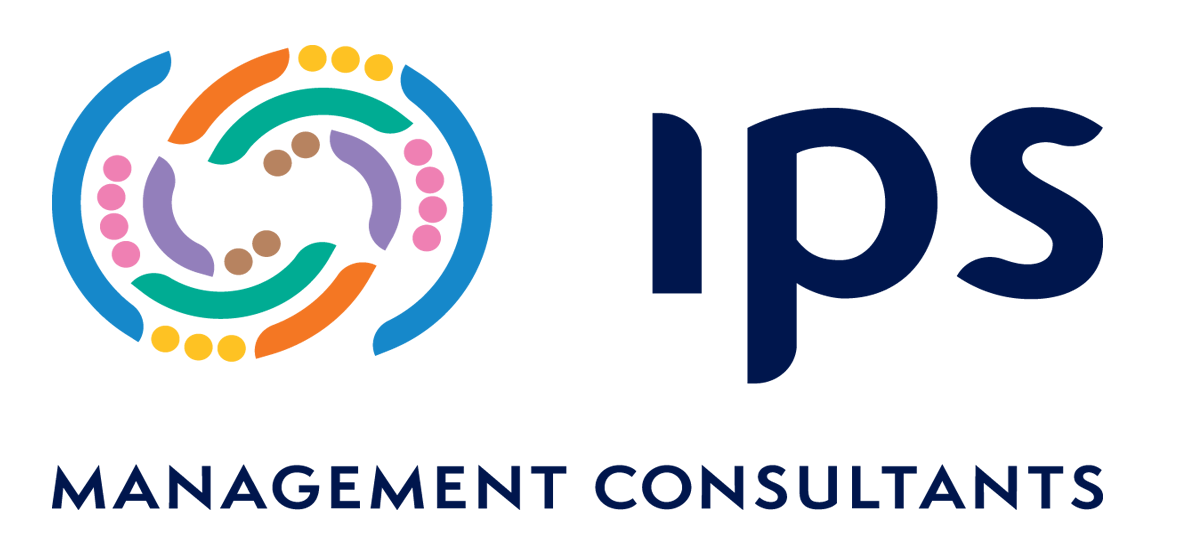
Applying for a grant or tendering opportunities can involve formalising, adopting or reporting on practices you might not have considered before, such as sustainability practices, inclusion and diversity, and modern slavery risks.
More than ever, government bodies and corporations are taking a formal approach to addressing climate change through sustainability practices, creating inclusive and diverse workforces and addressing the risks of modern slavery in their supply chains As major buyers of products and services, they increasingly expect the businesses they work with to do the same.
You might be interested in applying for grants or tendering opportunities for certain contracts but you’re not sure how to respond to sustainability, diversity and modern slavery requirements. We asked Alison Palmer from IPS Business Advisory, one of our SBDC Regional advisory service providers, to share her expert tips.
Understand the requirements involved
According to Alison, one of the main challenges small business owners can face is confusion around the meaning of key terms in a grant or tender application. For example, “sustainability” and “diversity” can have different meanings in different contexts.
“Some businesses might perceive sustainability through the lens of financial security in relation to the longevity – and therefore, sustainability – of a business, instead of in terms of environmental impacts,” says Alison. “Diversity can be mistaken for diversity of products and services, rather than building a diverse and inclusive workforce.”
“It’s important to define exactly what is required in both the grant or tender response and associated reporting. Make direct contact with the tenderer or contact provided to get clarity, if necessary.”
Sustainability requirements
While many small businesses are taking a proactive approach to implementing more sustainable business practices and reducing their carbon footprint, they may not have formalised these practices before applying for a grant or tender. Alison notes the importance of small businesses aligning their sustainability practices with the standards required in a grant or tender. “This demonstrates shared values and practices with what is expected or desired, which can improve the chances of tendering success.”
“This could include having a stated environmental policy to incorporate and integrate sustainability practices into everyday business – from reducing energy consumption in various respects, through to seeking to procure recycled goods from suppliers.”
“It’s important to have a system in place to implement what is needed and capture the required information. This makes the practices and reporting processes more efficient.”
Find out more about the climate action disclosure requirements for Commonwealth entities and companies.

Collecting and reporting diversity data
When a grant or tender application asks for information about diversity within a business, it can be challenging for small businesses to know what kind of data to collect and report. Alison recommends looking at this from two perspectives – recruitment and customer groups.
“Depending on the requirements involved, diversity data could be provided in terms of internal recruiting, for example, numbers of staff members living with a disability, neurodiverse staff, staff from a range of backgrounds and identities. Businesses could also consider diversity within the customer cohorts who use their goods or services.”
Alison notes that businesses may be able to access support to foster a more diverse and inclusive workplace, such as using JobAccess to support the recruitment of people with a disability.
Addressing modern slavery risks
Combatting modern slavery has become an increasing priority across Australia, with many government and other organisations requiring a formalised response to the risks of modern slavery in grant and tender applications. While this is something some small businesses may not have been aware of previously, Alison recommends looking for modern slavery risks within your own supply chain.
“Watch out for any supplier who might show signs that discriminatory or unusual recruitment practices are being adopted. Other signs are their working conditions and pay are below reasonable expectations, they have fraudulent practices, they have loose data protections or extremely low prices, or lack of transparency regarding the source and practices involved in supplying their products and services.”
“Developing guidelines and practices around ensuring that supply chains and procurement practices meet moral and ethical standards could be part of a bigger risk assessment process. Small business owners may make training resources provided by Anti-Slavery Australia available to their employees, as part of conducting due diligence.”
Find out more about the modern slavery risks across different sectors, with tips on how to manage these risks.
Learn more about opportunities for your business
Applying for a grant or tender can take a lot of time and effort, but could also be a great way to increase your revenue and grow your business. For more information, read our top tips for tenders or check out our upcoming workshops on tendering and contracts.
If you have a small business issue you’d like to discuss, contact our SBDC free business advisory service.
If you’re located in regional WA, our SBDC Regional network of business advisers can provide you with support in your area.




